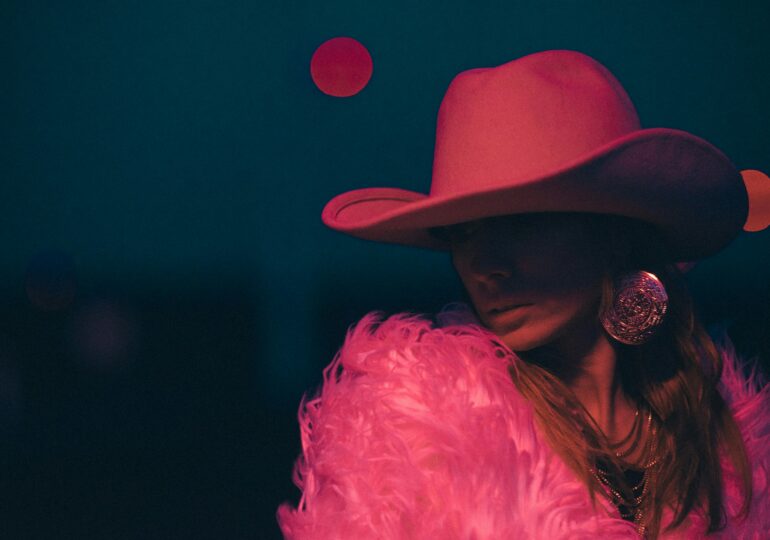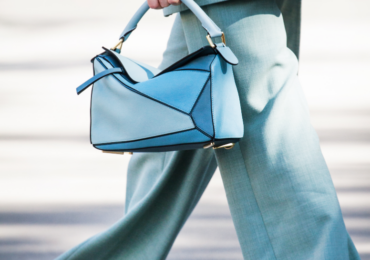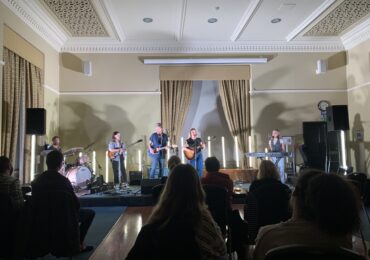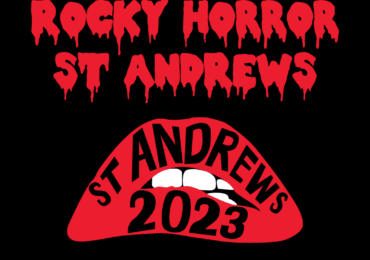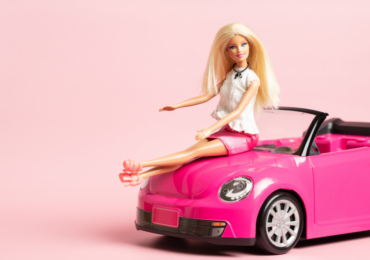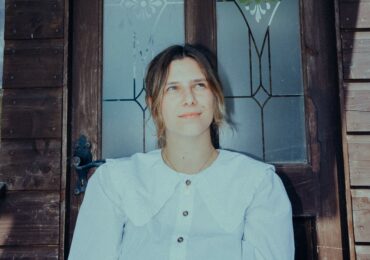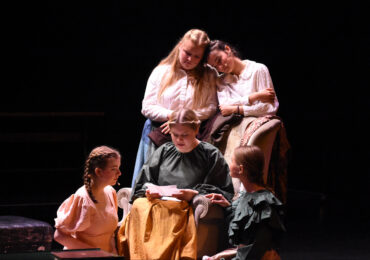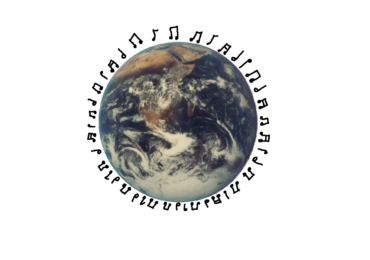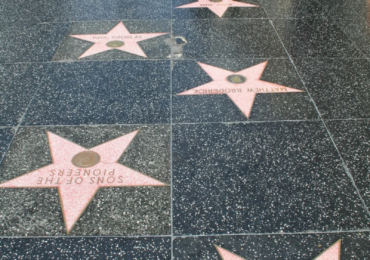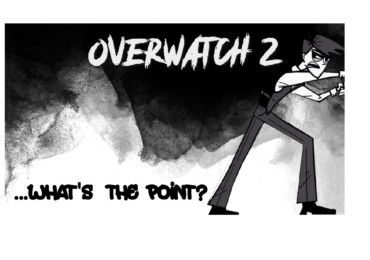For many, country music has long been a guilty pleasure, something shameful to see pop up in your Spotify wrapped and a genre that you almost have to defend your enjoyment of it to friends. Perhaps this is best explained because of the genre’s deep-rooted association with exclusionary conservative ideals and politics. Despite the genre’s roots in Black culture and musical tradition, the response to Beyoncé’s CMA performance with The Chicks in 2016 and the backlash to Lil Nas X’s ‘Old Town Road’ being classified as a country song highlights the blatant racism often associated with the genre. There is a clear exclusionary culture within country music, examples of which include the volatile response to The Chicks denouncement of President Bush’s invasion of Iraq in 2003 – fans burnt CD’s and condemned the band’s involvement in politics – and the recent success of Jason Aldean’s ‘Try that in a Small Town’ which has lyrics some perceive to be about pro-lynching. Yet, recently pop culture has embraced country music and its aesthetics.
When Beyoncé announced her new country single, ‘Texas hold ‘em’ during the 2024 Superbowl and subsequent album ‘Cowboy Carter’, she broke the internet, but this was not the first country announcement from pop stars in recent years. During the NMPA Songwriter Awards, Lana Del Rey announced the upcoming release of ‘Lasso’ her first official country album, this was following the release of her cover ‘Take me Home, country roads’ in December 2023. Simply, we’re living in a time where country is no longer corny. The internet is freaking out that Kasey Musgraves has released her next country project, Shania Twain is playing the legend slot at Glastonbury, and a variety of the viral TikTok sounds of the last year have been by country artists or country adjacent singer-songwriters such as Zach Bryan, Noah Kahan and Jelly Roll. I don’t believe it is a coincidence that country aesthetics and culture are being brought back to the forefront of the cultural landscape at this particular time.
The COVID music landscape was dominated by critically acclaimed releases by The Weeknd, Miley Cyrus and Dua Lipa, artists who arguably leaned into disco sounds because it is what the cultural sphere demanded. COVID was a time of dire despair, united sadness and a severe lack of joy, so pop music responded in the way it does best – peak escapism, pure dance and unbridled joy in songs like ‘Blinding Lights’ and ‘Levitating’. However, I attest that the cultural sphere has once again changed, the consumers of pop music no longer want escapism or detached artists, we’ve evolved as a society to increasingly demand accountability and activism from musicians. We demand that they prove they are one of us, despite the immense wealth disparity between global superstars and the vast majority. The wider political and economic situations are intrinsically influential to the cultural sphere.
Growing financial pressures and global economic crises following the pandemic have created a space within the cultural landscape for increased relatability. Country music fills this space. The aesthetics of country music with lyrics about ranches, beers with friends, family, community and hard work, directly intends to relate to and communicate with what has traditionally been seen as “blue-collar” communities. In my opinion, this representation that country music provides is the reason for its contemporary resurgence.. Despite these artists own exuberant wealth, they choose to present themselves as part of their community of listeners, such as Beyoncé’s call to ‘park your Lexus’. This allows these artists to amplify their relatability and maintain relevance in a time of constant media shifts. Quite frankly blatant displays of wealth and escapism within pop music are no longer desired. Instead, artists go private on Instagram creating elusive accounts like Lana Del Rey’s ‘Honeymoon’, they post photo dumps and wear cowboy boots. Whether it is Bella Hadid dating a cowboy, pink cowboy hats going viral and ‘cuntry’ being turned into a viral TikTok comment, it is clear that this shift is working for artists. Because ultimately, we no longer want to see a musician’s Rolex and Lamborghini, we’d rather see Lana Del Rey working a shift at Waffle house.
As the world continues to change unpredictably musical trends will too. It is interesting to note the influence of pop-punk on younger artists such as Olivia Rodrigo and Nessa Barett, who reflect teenage angst at the current political climate. Contrastingly the revival of 80s classics by the likes of Kate Bush and Tracy Chapman show the music consumer searching for nostalgia and times that are perceived as “easier”. Whilst it is difficult to predict how long this resurgence of country influence will last, I will most certainly be embracing it wholeheartedly and unabashedly, so I suggest you get your cowboy boots on and head to the dance floor.

